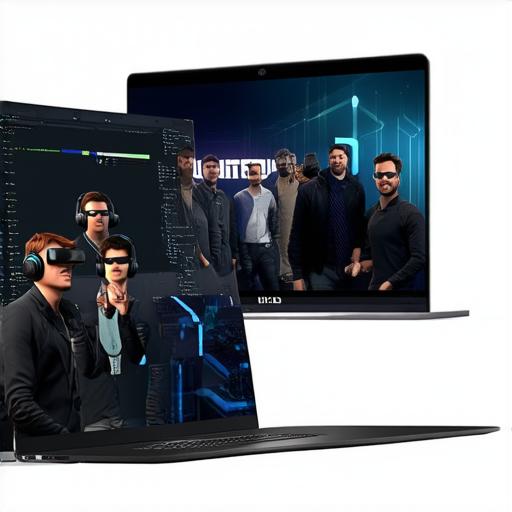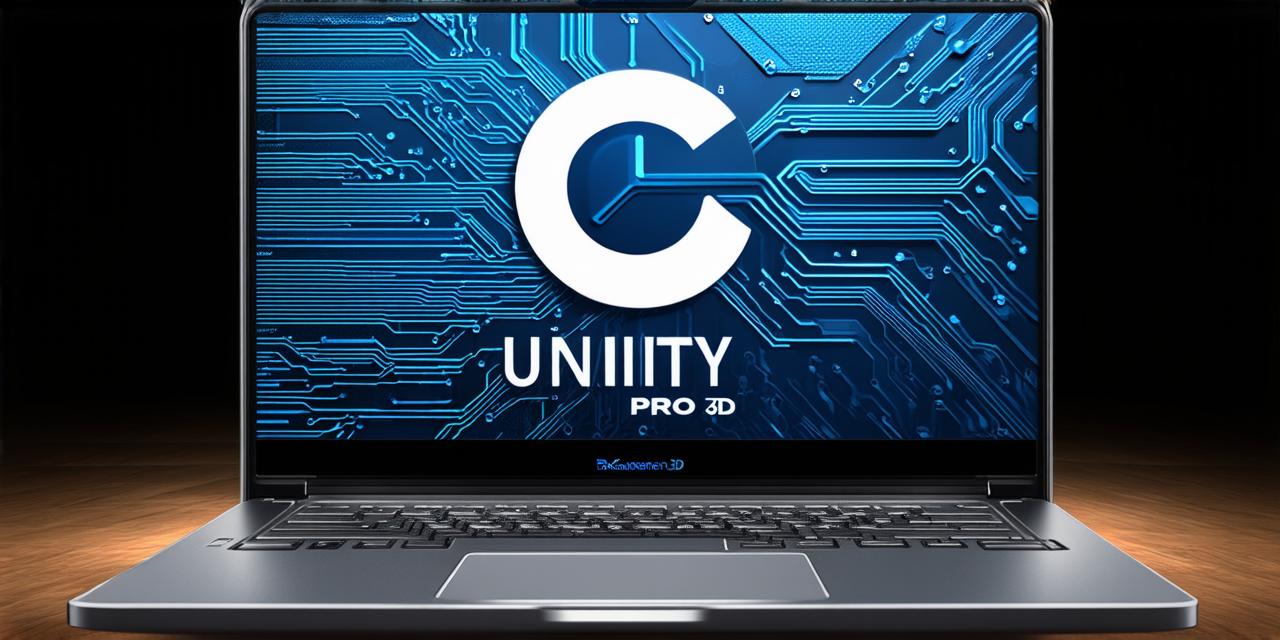Defining Your Requirements: The First Step in Hiring a Skilled Unity 3D Developer
Before you start looking for candidates, it’s essential to define your requirements clearly. This will help you identify the right person for the job and avoid wasting time on unsuitable applicants. To do this, consider the following factors:
- Skillset: What Unity 3D skills are required for the job? This includes proficiency in scripting languages like C and JavaScript, experience with game development frameworks, and knowledge of 3D modeling tools like Blender.
- Experience: How many years of experience do you need? Are you looking for someone who has worked on multiple projects or just starting out in their career?
- Portfolio: What can the candidate showcase in their portfolio? Look for evidence of their creativity, technical expertise, and ability to work under pressure.
- Soft skills: What personality traits do you want your candidate to possess? Communication skills, teamwork, problem-solving, and adaptability are all important qualities to consider.
- Budget: How much are you willing to pay for the job? Consider factors like location, experience, and skillset when setting a budget.
Advertising Your Job Opening: Attracting the Right Candidates
To attract the right candidates, consider the following advertising strategies:
- Job boards: Post your job opening on popular job boards like Indeed, Glassdoor, and Stack Overflow. This will help you reach a wide audience of qualified candidates.
- Social media: Use social media platforms like LinkedIn, Twitter, and Facebook to promote your job opening. Share details about the position, requirements, and company culture to attract potential candidates.
- Referral programs: Encourage current employees to refer their friends and contacts for the job. Offering a referral bonus can be an effective incentive.
- Career fairs: Attend career fairs and events in your local area to meet potential candidates face-to-face. This is an excellent opportunity to discuss the position, answer questions, and assess candidates’ fit with the company culture.
- Online communities: Join online communities for Unity 3D developers and post your job opening there. This can help you reach a targeted audience of qualified candidates.
Once you have attracted potential candidates, it’s time to conduct the interview.
Conducting the Interview: Assessing Candidates’ Skills and Personality
To assess candidates’ skills and personality during the interview, consider the following tips:

- Technical assessment: Conduct a technical assessment to evaluate candidates’ coding skills and problem-solving abilities. This can be done through an online coding test or by assigning a specific project for them to complete.
- Portfolio review: Review candidates’ portfolio to assess their past work, creativity, and technical expertise. Ask them to explain the process they used to create each project and how they overcame any challenges.
- Behavioral interview: Conduct behavioral interviews to evaluate candidates’ soft skills like communication, teamwork, problem-solving, and adaptability. Ask them about past experiences where they had to work in a team or overcome obstacles.
- Problem-solving exercise: Assign a problem-solving exercise to evaluate candidates’ ability to think critically and solve complex problems. This can be done through a case study or by presenting them with a real-world scenario.
- Cultural fit assessment: Evaluate candidates’ cultural fit by asking about their values, goals, and work style. This will help you determine if they share your company’s vision and can integrate well with the team.
Once you have conducted the interview, it’s time to make the final decision.
Making the Final Decision: Choosing the Right Candidate
When making the final decision, consider the following factors:
- Skills and experience: Evaluate candidates based on their skills and experience, including technical proficiency, project history, and soft skills like communication and teamwork.
- Personality fit: Consider if the candidate is a good match for your company culture and values. A candidate who shares your vision and goals may be a better fit than someone who doesn’t.
- Salary: Offer a competitive salary based on industry standards, experience, and location. This will help you attract the best candidates and retain them in the long run.
- Benefits: Consider offering additional benefits like health insurance, retirement plans, and flexible work schedules to make the job more attractive to candidates.
- Timeline: Set a realistic timeline for making the final decision and communicating with candidates. This will help you avoid losing top candidates who may have other job offers.
